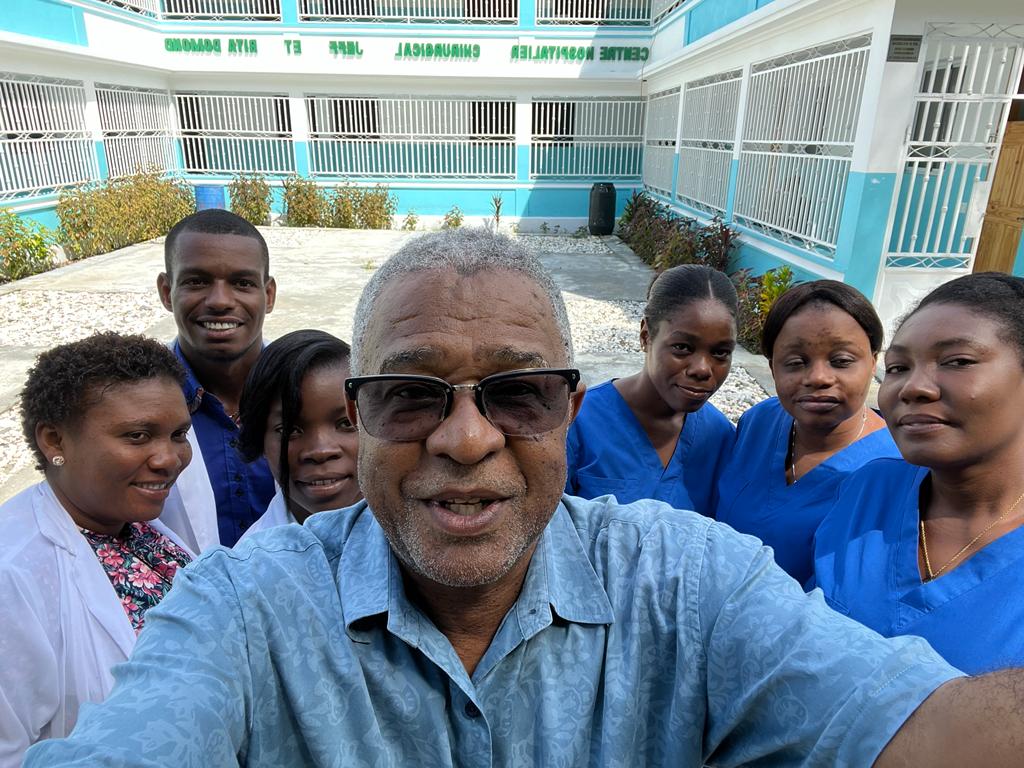In November, 2023, Deacon Joe Domond wrote,
”Yes, the situation in Haiti is more desperate than ever, but look how far we have come together to meet the needs of the poor! I can assure you that the work of the Jeff Cherubin Domond Foundation is moving forward by the grace of God and your assistance. In the capital of Port-au-Prince, where violence has escalated, patients risk their lives to come to our dialysis center. Malnutrition and missed sessions make them sicker, but hope comes from our courageous doctors and nurses who operate six machines 3x/day earning $185 per month.”
Previously, Deacon Joe mentioned that the situation had worsened due to the Biden administration’s policy towards Haiti. This prompted me to search for the exact wording of US policy regarding this afflicted country.
What actions are being taken? What is possible? Christopher Shell from The Carnegie Endowment for International Peace provided insight in a commentary published on October 5, 2023.
More than two years after the assassination of Haitian President Jovenel Moïse, Haiti has lost any semblance of functioning democracy—or even as a working state.
“Violence is rampant, and Port-au-Prince is overwhelmed with feuding gangs engaged in murder, kidnapping, and blocking humanitarian aid to the island. Making progress on economic and political issues is nearly impossible under these conditions, which predated Moïse’s death.”
Elections have been delayed, and early in 2023, Haiti’s last ten senators left office, leaving the country without any elected government. The UN Security Council has since approved the deployment of a UN force to address the violence, a decision met with skepticism by many but seen as the only viable option in a challenging situation. The first requirement for improvement is security.
The United Nations multinational force, led by Kenya, which has offered to send approximately a thousand police officers, with contributions from Jamaica, the Bahamas, Antigua, and Barbuda, will be supported by the United States with 100 million dollars in logistical assistance. While concerns exist about the Kenyan police’s history of excessive force, no sustained humanitarian or financial aid will be effective without basic security in the capital. As long as gangs dominate the country, the Haitian people will be unable to elect their preferred leader. The mission aims to help the Haitian police create conditions for aid to flow freely while preventing gangs from operating, within a timeframe of one year.
Those familiar with the tragic and painful history of international intervention in Haiti, like Deacon Joe, have little optimism for the success of this endeavor.

